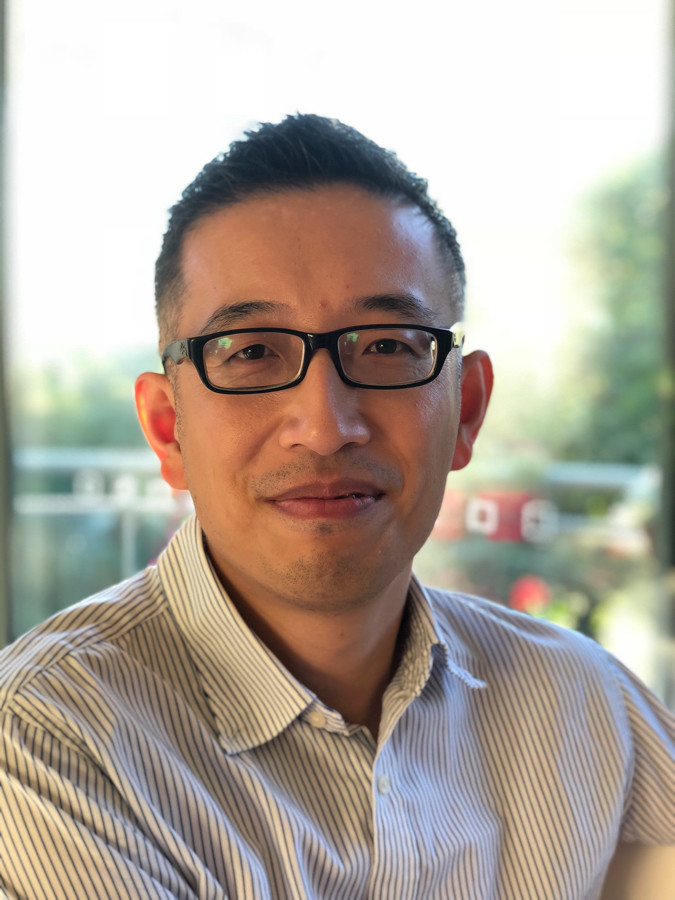I have a confession to make. Although I studied physics (I loved maths, but more importantly, useful maths) and computer science (a long-time hobby turned profession), I once dreamed of becoming a lawyer. 😏 I was the best debater at my university and even competed nationally. Some of my favourite books include jurisprudence and constitutional law 😁.
That’s why I’ve always had a soft spot for regtech and lawtech conferences. So it was an absolute delight to deliver the 𝐜𝐥𝐨𝐬𝐢𝐧𝐠 𝐤𝐞𝐲𝐧𝐨𝐭𝐞 𝐚𝐭 𝐭𝐡𝐞 𝐚𝐧𝐧𝐮𝐚𝐥 𝐋𝐚𝐰𝐭𝐞𝐜𝐡 𝐜𝐨𝐧𝐟𝐞𝐫𝐞𝐧𝐜𝐞 𝐨𝐧 “𝐍𝐚𝐯𝐢𝐠𝐚𝐭𝐢𝐧𝐠 𝐭𝐡𝐞 𝐀𝐈 𝐅𝐫𝐨𝐧𝐭𝐢𝐞𝐫: 𝐔𝐩𝐡𝐨𝐥𝐝𝐢𝐧𝐠 𝐓𝐫𝐮𝐬𝐭𝐰𝐨𝐫𝐭𝐡𝐲 𝐚𝐧𝐝 𝐑𝐞𝐬𝐩𝐨𝐧𝐬𝐢𝐛𝐥𝐞 𝐀𝐈 𝐰𝐢𝐭𝐡𝐨𝐮𝐭 𝐅𝐮𝐥𝐥 𝐂𝐨𝐧𝐭𝐫𝐨𝐥.”
I reworked my usual content into a new set of myths and facts around the value of human expertise, proprietary data, and human control—highlighting system-level approaches to reclaim control even without full mastery of the models.
The keynote came just a day after National AI Centre released the AI Safety Standard, where CSIRO’s Data61 played a significant role, and the launch of consultations on regulatory guardrails. The vibe and thoughtfulness in the room, filled with experienced lawyers and technologists, were incredible 🤝.
I’ve shared a few selected slides from my talk. 👇 hashtag#Lawtech hashtag#AI hashtag#ResponsibleAI hashtag#Regtech
For our latest research, see here https://lnkd.in/gPhid9tX

